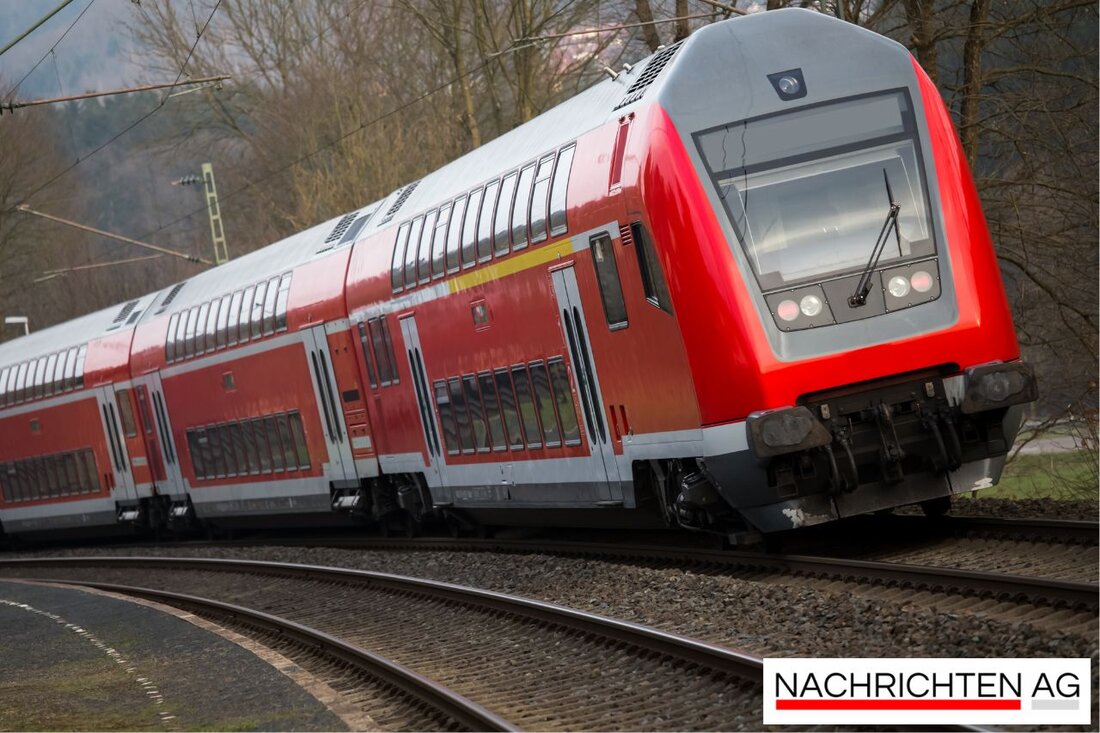Renovate Cologne's bridges! There is a risk of massive train cancellations by the end of 2029!
From 2028 there will be extensive construction sites on important bridges in Cologne. The railway is planning a renovation for better infrastructure.

Renovate Cologne's bridges! There is a risk of massive train cancellations by the end of 2029!
A significant renovation is underway in Cologne, which will affect both the rail connection and the city's infrastructure. From the beginning of 2028 to the end of 2029, the complete closure of important railway lines is planned, which will make direct travel from Bonn and the Eifel to Cologne Central Station impossible. Deutsche Bahn has already committed to the general renovation of the Cologne-Bonn-Koblenz-Mainz connection starting in the first half of 2028. This measure is accompanied by the comprehensive renovation of four bridges in Cologne city center, which will be carried out from July 2028 to December 2029 and is expected to last a total of 17 months. These bridges are well known: Venloer, Vogelsanger, Zülpicher and Luxemburger Strasse will not only be renovated, but also widened to a height of 4.50 meters to create space for trucks and pedestrians.
Loud Cologne City Gazette The planning documents for Venloer and Vogelsanger Street have been available since 2016, although the planning approval decision is still awaited. The issues of monument protection are particularly tricky because the bridges date back to the 1890s. The city of Cologne has set up a working group that is looking into the disruptions during construction work and would like to examine solutions.
Full closure and diversion concepts
These planned construction measures bring challenges for rail traffic. During the 17 months of total closure, there will be no trains between Cologne South and the main station, which will significantly affect travel from Bonn and the Eifel routes. The transport concept is currently being reviewed by the Deutsche Bahn Infrastructure Company (DB InfraGo) and the go.Rheinland transport association. The aim is to organize diversions via the Cologne transport company's light rail systems and other means of transport. For example, at least two lines from Hürth-Kalscheuren are to be routed via the Südbrücke and Köln-Kalk to the Cologne junction, while the lines RE 22 and RB 26 will head to a provisional stop at the Bonner Wall.
For a smooth implementation, it is also important to clarify whether the Eifel lines can be rerouted to Cologne via the Eifel-Bördebahn during peak hours. The plans aim to keep the impact of the construction work on travelers as low as possible. A staggered renovation of the bridges was rejected because this would extend the construction period to over four years, which certainly no one can wish for.
Insights into the general renovation
As part of these comprehensive infrastructure measures, the rail infrastructure in Germany is also to be comprehensively renovated by 2030. How DB Engineering Consulting reported, the general renovation will cover a total of 40 sections by 2030. Measures to improve the train stations are also being implemented. The aim is to create a barrier-free infrastructure for travelers and optimal connections for freight transport companies. It is a major challenge that poses major tasks for both Deutsche Bahn and the construction and rail industry.
In recent weeks, Deutsche Bahn has spoken extensively with railway companies, associations and federal states about the general renovations. One aim of these discussions was to review the chronological sequence of the 4,000 km of highly stressed routes and adjust them if necessary. The plan envisages that the renovations, which are scheduled to begin in 2028, will improve capacity in the rail network and enable punctual trains. Loud German railway The final decisions on the timing of the corridors will be made by 2036 to ensure that the infrastructure meets the increasing requirements.

 Suche
Suche
 Mein Konto
Mein Konto